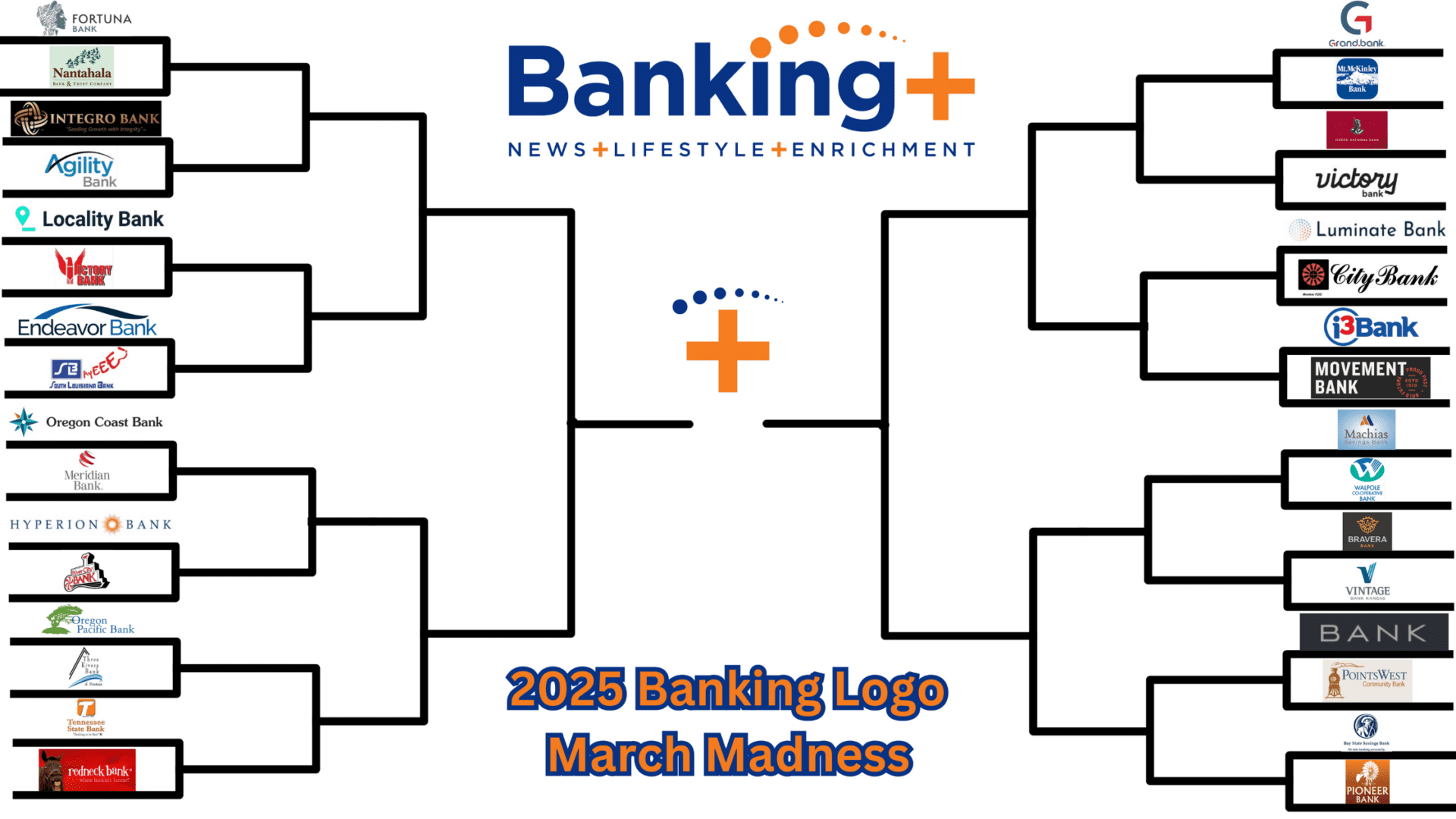As the Trump administration prepares to take office, financial markets and institutions are bracing for significant regulatory changes. Central to the discussion are the administration’s views on scaling back regulations, particularly for the private banking sector and community banks. John Antolik, founder and CEO of My Private Shares, offers critical insights into these potential shifts. My Private Shares, headquartered in Fort Lauderdale, FL., offers an investor relations SaaS for private companies to provide investors better access to information, while also providing the ability to liquidate out of, or invest more capital into, private investments.
Trump’s SEC Regulations Impact on Private Companies
The Trump administration’s potential impact on the Securities and Exchange Commission (SEC) is another critical area of focus. Key topics include the definition of accredited investors, exemptions for capital raises, and ongoing compliance challenges.
Antolik emphasizes that the complexity of SEC regulations—such as blue-sky laws, Rule 144, and accredited investor requirements—poses significant challenges for private companies, including community banks. “Interpreting and adhering to these rules requires expert legal counsel. Private companies raising capital must align with knowledgeable partners who understand the nuances of securities laws,” he notes.
Potential Changes to Broker-Dealer Rules
Moreover, the potential relaxation of broker-dealer registration requirements for small or intermittent capital raisers could make it easier to source capital for raises. This outcome is especially true for institutions seeking to attract new aligned investors in a competitive market for capital.
“A conservative SEC could make it simpler to match potential investors with opportunities,” Antolik explains. “Its actions would dampen some of the current rules, making capital easier to raise and more straightforward, expanding the potential investors base. This allows financial institutions to bring in stakeholders who share their mission and objectives,” he adds
Strategies for Private Companies Building Strong Investor Relationships
One of the most significant concerns for private companies is maintaining robust communication with their shareholders. Antolik highlights the importance of proactive investor relations, especially in a competitive investment landscape where public markets and emerging sectors like technology and healthcare vie for attention.
“Having a clear plan for post-capital-raise communication is critical,” Antolik advises. “Also, investors need to know not only the potential return on capital but also the plan for potential return of capital. Addressing these concerns upfront reduces friction from potential investors related to the illiquid nature of private investing and accelerates the fundraising process.”
Antolik’s company, My Private Shares, focuses on facilitating bank shareholder communication and liquidity events, ensuring that investors feel confident in their potential to exit or reinvest. “Providing options for liquidity and maintaining consistent communication builds trust and positions private companies as attractive investment opportunities,” he explains.
Strategic Recommendations for Financial Institutions in 2025
As financial institutions begin to navigate 2025, Antolik urges boards and executives to prepare for the potential regulatory changes under the Trump administration. His key advice includes:
- Engage Expert Legal Counsel: Make sure your counsel has access to securities and regulatory law specialists to navigate the evolving landscape.
- Prioritize Shareholder Relations: Develop a robust plan for communicating with investors, including regular updates and how liquidity inquiries will be handled.
- Focus on Long-Term Strategy: Align capital-raising efforts with the institution’s mission, values, and target markets to attract investors who share their vision.
“The incoming administration’s goal of simplifying regulations presents opportunities,” Antolik concludes. “However, institutions must remain proactive and informed to capitalize on these changes effectively.”
With potential shifts in financial regulation and SEC policy on the horizon, private community banks and financial institutions must stay agile and prepared. By focusing on strategic communication, legal compliance, and investor alignment, they can confidently navigate this transformative period.



















